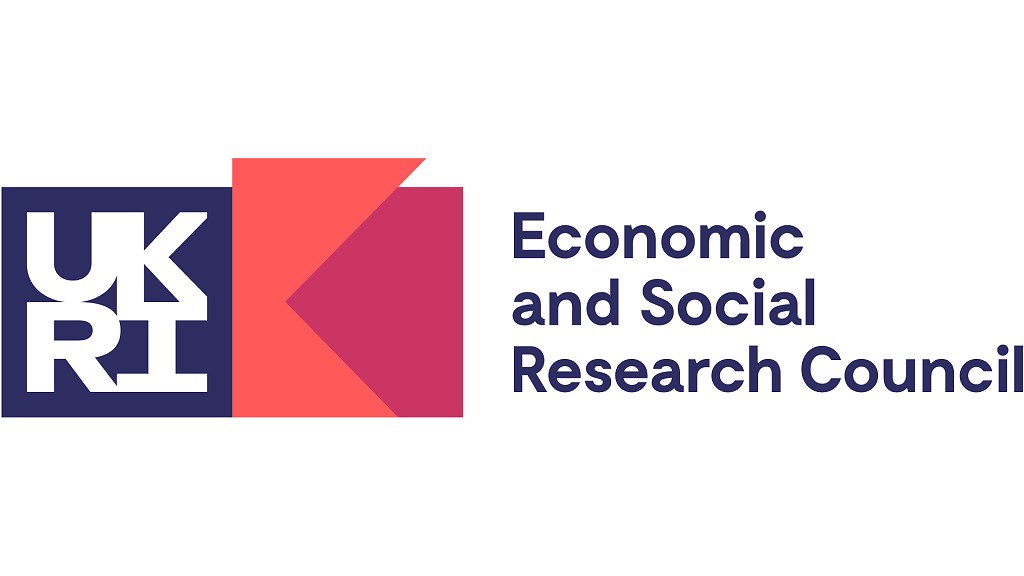Social welfare and immigration law
By ‘social welfare law’ I mean those areas of law – like housing, community care, welfare benefits, mental health, discrimination, employment, education, immigration – which are important to people’s social rights most of the things which are not crime and not family law.
Changes to social welfare systems in all four nations, particularly in the era of public sector austerity since 2010, have escalated both the need for advice and the barriers to advice. We know that one social welfare problem, like illness or loss of employment, commonly triggers another, around housing or welfare benefits.
In England and Wales Legal aid cuts, contracting and the auditing regime have reduced the supply of free legal advice, and also reduced the scope of legal aid lawyers to deal holistically with a client’s problems. For Scotland and Northern Ireland, there is little published information on how many providers regularly offer SWILA services, nor whether this meets legal need.
As for barristers or advocates, those specialising in SWILA are highly concentrated in a few major urban centres across the UK and there has been no research addressing whether social welfare and immigration clients have adequate access to barristers’ services.
SWILAMap addresses this by building a descriptive map of SWILA demand and the real or functional (rather than nominal or theoretical) supply of advice and representation.



